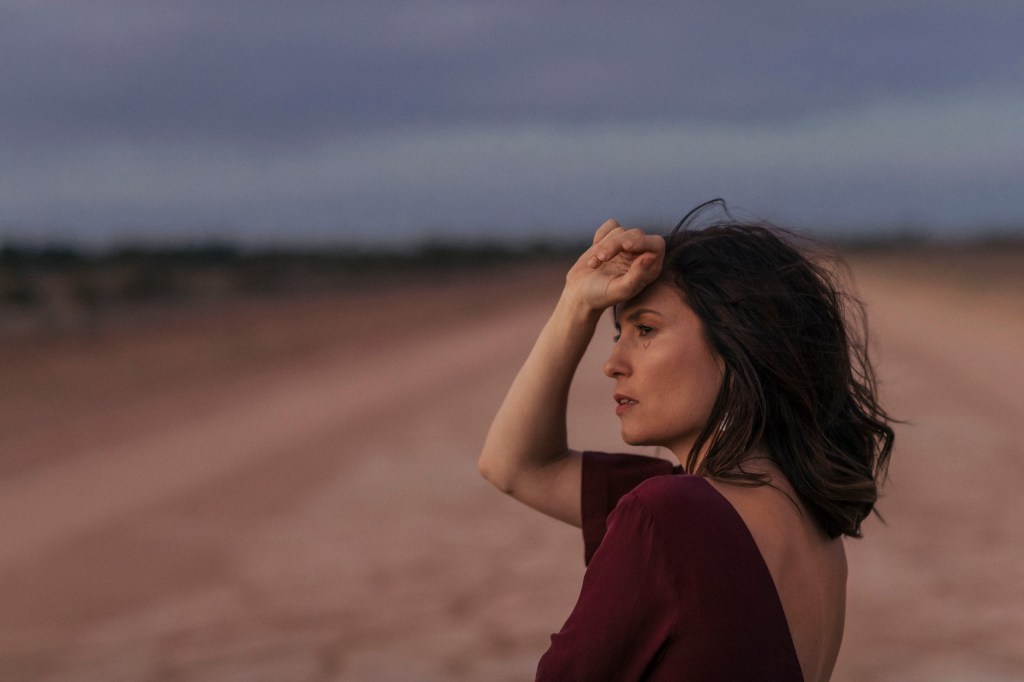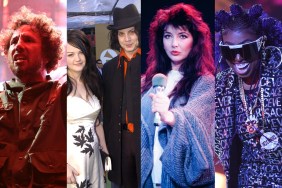After over 15 years and five albums to her name, the woman born Melissa Morrison Higgins is taking a brief moment to reflect on her career – an ascent from teenage Unearthed wunderkind to an ARIA-winning legacy artist that’s taken on more or less every theatre, arena and stadium this country has to offer. With the release of The Special Ones, Missy…

The festival landscape has undergone major upheaval in the last three years, and Covid’s long-term impact on the music industry…











